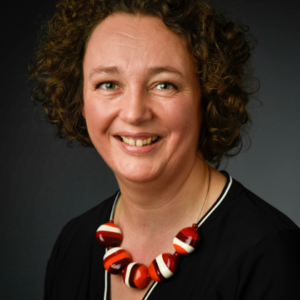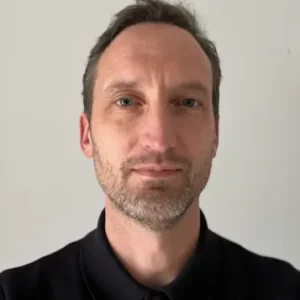The idea of ‘imagination’ is central to the humanities and indispensable in the medical- and health sciences. Everyone knows that the imagination can make you sick and vice versa, that it can make you feel better. Psychosomatics is full of examples of how ideas can cause psychological and bodily distress, while at the same time creative – and imaginative! – techniques from the humanities, such as writing, music, drawing, and painting, can help the healing process. On another level, imaging techniques have been central to medical learning, diagnostic techniques and medical research and the interpretation of test- and research results often depends on our visual and imaginative thinking. This is the case in premodern anatomical work as well as in the latest MRI technology.
The masterclass ‘Imagination in medicine and the arts’ is inspired by the work of art historian Frances Gage (Buffalo State University), who will also give a public keynote lecture at the end of the Class. In her groundbreaking book Painting as Medicine in Early Modern Rome (Pennsylvania, 2008), she has shown that paintings were understood to have profound effects on the minds, imaginations, and bodies of viewers. This interpretation of the value of paintings and the motivations for buying them, challenges the idea that art was mainly because of economic or status-based reasons. Instead, paintings were believed to have profound health effects and conducive to civic and moral behaviour. The title of Gage’s lecture is: Picturing La Vecchia: Time, Gender and Aging in the Early Modern Imagination.
Indicative programme
| Time | Activity |
| 10.30 – 11.00 | Coffee / Tea |
| 11.00 – 12.00 | Short lectures Keizer and Knoeff on (1) the early modern visual representation of air for health; and (2) early modern medical theories on psychosomatics that explain how paintings could make you feel better. |
| 12.00 – 12.30 | Introduction to exhibition making. |
| 12.30 – 13.15 | Lunch |
| 13.15 – 14.45 | Discussion of a chapter from Gage’s work |
| 14.45 – 15.30 | Group works on the assignment. Goals of the groupwork: define tasks that needed to be carried out for the exhibition; divide tasks; arrange for follow-up meetings to work on exhibition. |
| 15.30 – 16.00 | Coffee / Tea |
| 16.00 – 17.30 | Keynote lecture |
Learning aims and outcomes
At the end of the workshop students have acquired:
- Historical knowledge on the topic of imagination in medicine and the health sciences;
- Knowledge of the importance of health as a theme in art- and literary history
- Insight in bringing together the disciplines of art history and the history of medicine and health;
- Strategies and skills to work in groups;
- Skills to organize an (online) exhibition;
- Skills and experience to write for a broad audience.
Assessment and assignments
Students organize a (virtual) exhibition with a selection of paintings or objects, either from Groningen collections or elsewhere. A selection of (global) objects produced between 1500 and 1900 will be made available by the organizers, as well as texts that introduce students to the practicalities of making an exhibition.
The in-class session on June 4 serves as a moment when students collaborate to come up with a narrative that relates to and further deepens the theme of art, health and the imagination. That day, we will also allocate each student a single object that they do individual research on. That research needs to result in the writing of an object-label: a short text (maximum) that explains the object and its function to a widely conceived museum audience and that links to the general narrative students have come up with together.
Students will be asked to critically process the research presented by Gage in her keynote lecture when they design their exhibition. There is time reserved during the workshop for instruction on exhibition making, in addition to the available texts on the topic.
Students will be divided up in smaller groups that will work on the exhibition’s sub-themes and write exhibition texts. These activities take place after the workshop and will need to result in a presentable online exhibition that opens October 1 2025.
Literature:
Frances Gage, Painting as medicine in early modern Rome (Pennsylvania, 2008), pp. 1-16, 37-86.
Mitchel Merback, Perfection’s Therapy: An Essay on Albrecht Dürer’s Melancolia I (New York, 2017), pp. 53-119.
Sari Altschuler, The Medical Imagination. Literature and Health in the Early United States (Pennsylvania, 2018), pp. 51-84.
Register (0/20 spaces left)
This course is fully booked. For a spot on the waiting list, contact [email protected]

